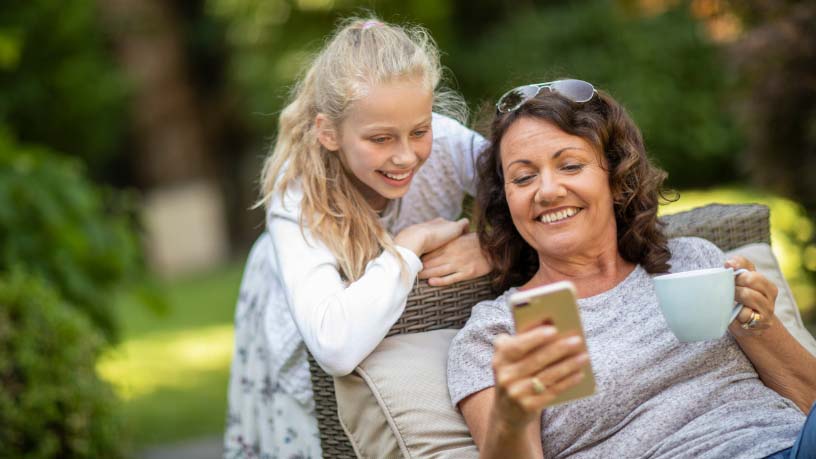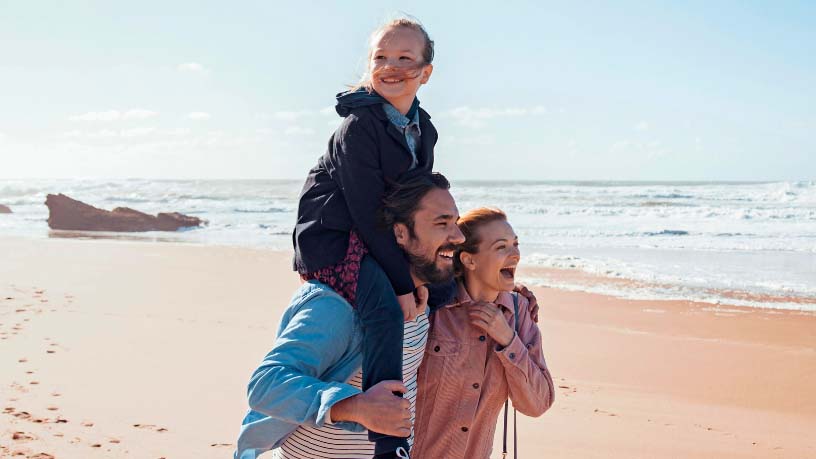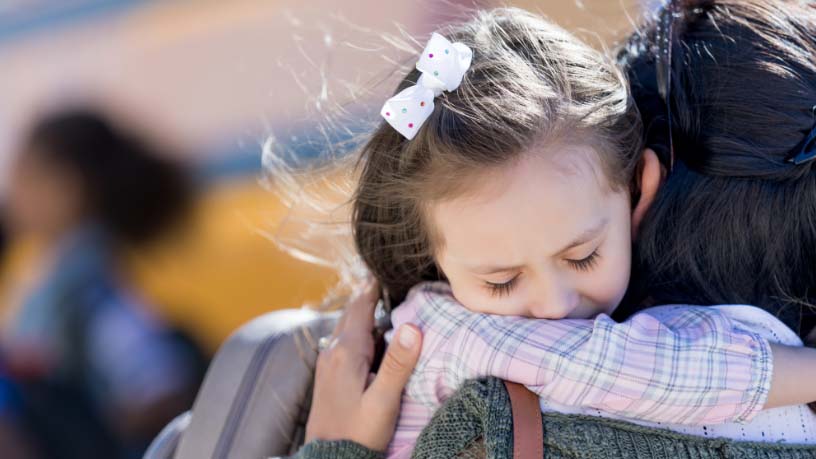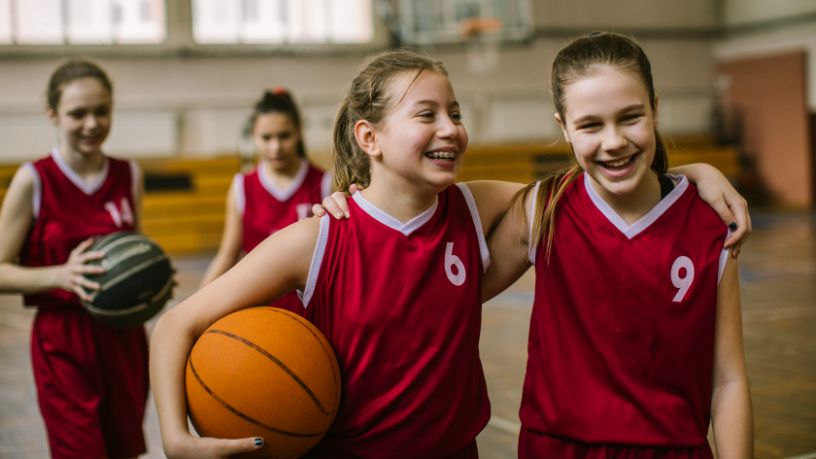Eco anxiety is a real issue that can affect you and your kids.
On this page
Key takeaways
Learn how to talk to your child about climate change.
Supporting your child when they’re experiencing anxiety can help them process real-world issues.
Record-breaking temperatures, melting glaciers and increasingly erratic weather are constant staples in today’s news cycle.
And, while these issues are important (and newsworthy), this never-ending influx of climate change news can leave some children anxious about it.
Here, we look at eco anxiety and how it may affect your children.
What is eco anxiety?
Sometimes referred to as ‘climate anxiety’ or ‘ecoanxiety,’ this term describes the distress and worry many people feel about climate change and its impacts, which can contribute to anxiety and difficulties in daily functioning, particularly among young people.1
The 2022 Mission Australia Youth Survey found that one in 4 young people in Australia are ‘very’ or ‘extremely’ concerned about climate change.2
“This distress can manifest itself in different ways,” says Bupa Psychologist Nathan McLeod. “An older person may experience distress thinking what impact climate change will have on their children, or their children’s children. A child or teenager may experience distress relating to what their own future may look like due to climate change.”
Causes of eco anxiety
Images and stories of environmental disasters and dire predictions can be overwhelming, especially if you’ve been personally affected by a natural disaster in the past.
But media exposure alone isn’t the only cause of eco anxiety.
“A lot of anxiety our children feel regarding climate change may come from a lack of control,” says McLeod, “not only over the situation, but also surrounding their ability to manage the emotions that they are feeling.”
Supporting kids through eco anxiety
It’s important for parents to discuss these concerns with their children without making their fears worse.
To do this, it may help to:
Validate their fears and emotions
“When it comes to climate change, these fears can be justified,” says McLeod. “If we don’t help our children process and manage these concerns, they can manifest in symptoms that could become increasingly more debilitating.”
Encourage and support them
“Supporting children in managing these emotions is essential,” says McLeod. “If you’re watching something about climate change on TV, talk to them about the story. This helps them understand that while their fear might be justified, it can also be managed.”
Tools to support anxiety
If your child is experiencing any type of anxiety, there are some simple tools that are effective in reducing their symptoms. McLeod recommends:
- practicing mindfulness and relaxation techniques
- limiting their exposure to information that may trigger anxiety, such as news and social media
- being mindful of what your own behaviour is teaching them (if you feel anxious, they may too)
- encouraging them to take action on problems surrounding climate change.
“Empowering kids can be really helpful,” McLeod adds. “It can be as simple as electing to walk or cycle, rather than drive to places, increasing the recycling that the family undertakes or starting to compost more green waste.”
When to seek help
When a child’s concern starts to impact their day-to-day activities, it may be beneficial to get some professional help.
According to McLeod, you may watch out for:
- intense behaviour that lasts for 2 weeks or more
- feelings of worry on more days than not
- anxiety impacting their normal life (such as going to school, making friends, relationships with family or sleeping and eating).
“Your family GP can often provide support or refer you to a specialist to assist with strategies in reducing and managing the anxiety,” says McLeod.
“As parents, we need to keep the conversation going so our children will talk to us about what is impacting them, and we can continue to support them through it.”
Are you in need of urgent support?
We've put together a list of services for free support that's relevant to where you live, and what you're going through.

At Bupa, trust is everything
Our health and wellbeing information is regularly reviewed and maintained by a team of healthcare experts, to ensure its relevancy and accuracy. Everyone's health journey is unique and health outcomes vary from person to person.
This content is not a replacement for personalised and specific medical, healthcare, or other professional advice. If you have concerns about your health, see your doctor or other health professional.
1 Boyd, C. P., Jamieson, J., Gibson, K., Duffy, M., Williamson, M., & Parr, H. (2024). Ecoanxiety among regional Australian youth with mental health problems: A qualitative study. Early Intervention in Psychiatry.
2 Mission Australia. (2022). Mission Australia youth survey summary. Mission Australia.
You might also like...
How to talk to your kids about social media
Social media is a daily part of our kids’ lives, whether we like it or not. So, what are the risks and benefits, and how can we keep our kids safe online?
How to have conversations with kids
It’s like the flick of a switch. Suddenly, your little chatterbox doesn’t want to talk to you anymore. So, what can you do to help your child open up again?
Bullying: A guide for parents and carers
It’s hard to know what to do when your child is being bullied, or how to recognise the signs in the first place. Check out this guide for some helpful tips.
How to help children make friends
Making friends isn’t always easy, but there are things you can do to help your child make meaningful connections and healthy friendships.





